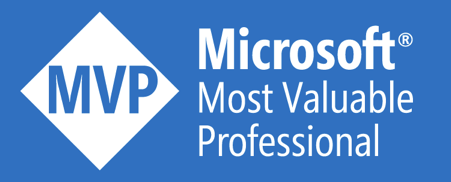Yesterday, the new Logic Apps runtime – called Logic Apps Standard – was GA’ed. This is a real game-changer in the Microsoft integration space. During the private and public preview, I intensively played around with the new runtime. In this blog post, I want to share my view on it. As always: honest, to the point and uncensored.
What’s really new?
These are the game-changing features of the new Logic Apps offer. Don’t underestimate the impact of these features, they really take Logic Apps to an enterprise-ready level.
- The portable runtime, built on the Azure Functions runtime. You can run Logic Apps everywhere. Soon, it will be available on Azure Arc.
- You can leverage the mature and rich networking options of Azure App Service, protecting inbound and outbound Logic Apps traffic.
- Stateless workflows get executed completely in-memory, so you can use it in low-latency scenarios (e.g. APIs).
- Integration with Application Insights, which gives your more transparency on dependencies and runtime behavior.
- Similar like Azure Functions Premium plan, Logic Apps Standard will come with a more predictable cost. More details are expected soon.
- No more need for an Integration Account for XML schemas and maps, Liquid templates and inline JavaScript.
- A new unit of deployment: you can deploy a single Logic App (infra), which contains multiple workflows (app).
- You can use App Service application settings with Key Vault references, which increases security.
- The new Logic Apps designer which displays more information in a user-friendly manner.
- The ability to write real built-in custom connectors, completely under your control.
What’s not there anymore?
If you are used to work with the traditional Logic Apps Consumption offer, there might be some things that you’ll miss. They are listed over here:
- The super-handy duplicate Logic App button is gone!
- Versions to rollback to any previous deployment. Deployments slots are coming soon, they’ll give the option to rollback to the last version.
- Azure AD authentication. However, wile this is available in App Service, it is not there for Logic Apps. I hope to see this functionality soon.
- Logic Apps parameters are not there anymore. Instead, you can use application settings, which have a better DevOps experience.
- The Logic Apps workflow settings are not available in the new offer.
What could be improved?
As always, things can be better. Here’s my personal wish-list.
- The start-up speed during local development could be improved.
- The DevOps experience with the connections.json file: infra metadata that is needed in the application package.
- The way Application Insights handles tracked properties: they are just tracked as part of a big JSON.
- There are too little built-in connectors. We typically need at least the ones that are available in BizTalk Server.
- No Logic Apps specific metrics available (e.g. Failed Runs) for monitoring and alerting.
What are common misconceptions?
During workshops, I encountered some misconceptions. Here are some statements that should make things clear.
- Stateless Logic Apps, that rely on managed connectors, will still be throttled and have higher latency.
- The rich App Service networking options are only available for the built-in connectors, not for managed connectors.
Conclusion
Needless to say that these are exciting times to be in the integration space. This Logic Apps make-over opens up a wide range of new opportunities. Choosing between the two different offers will often be challenging.
Are you interested to learn more? I have a dedicated one-day training on the new Logic Apps runtime, to bring you up-to-speed with the latest and greatest that Logic Apps has to offer. You can register here.
June 25 – 2021 | The new Logic Apps runtime! – YouTube
Remember: sharing is caring!
Thank you!
Toon












